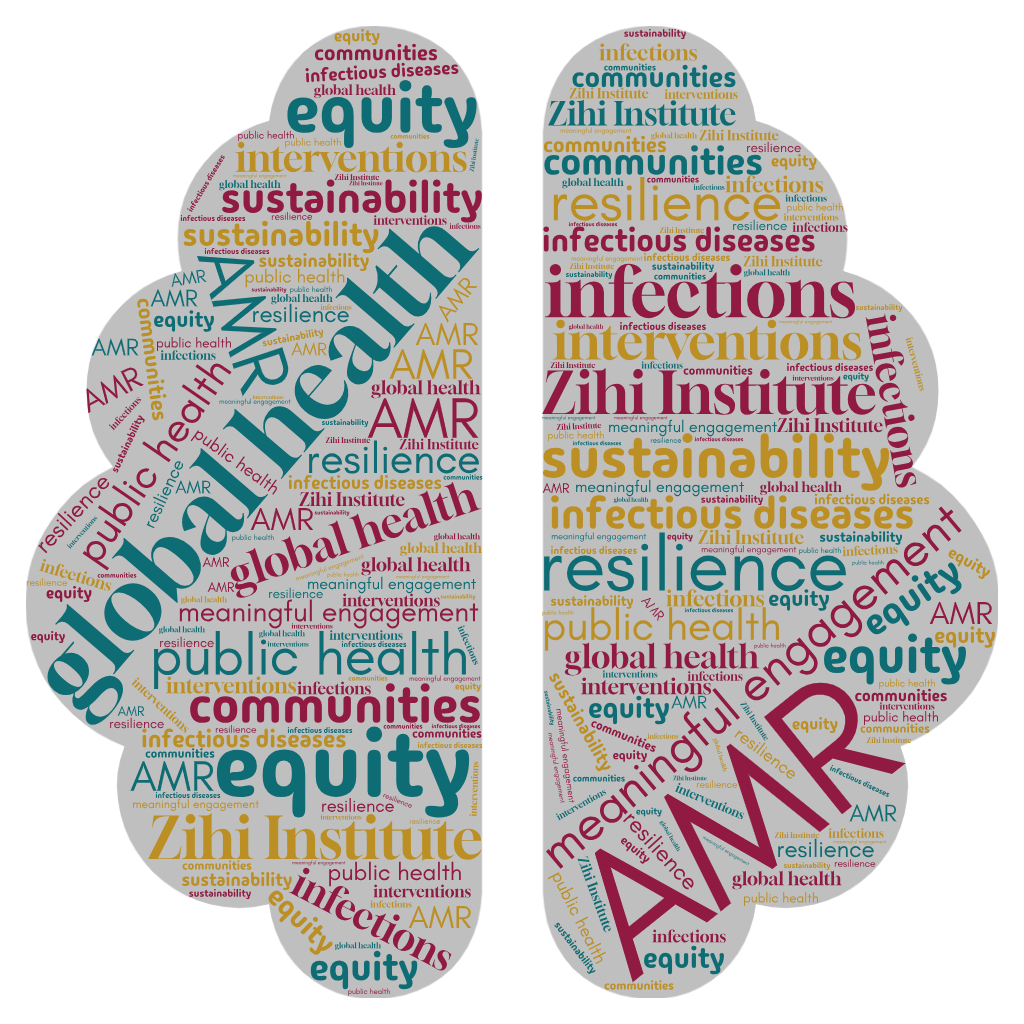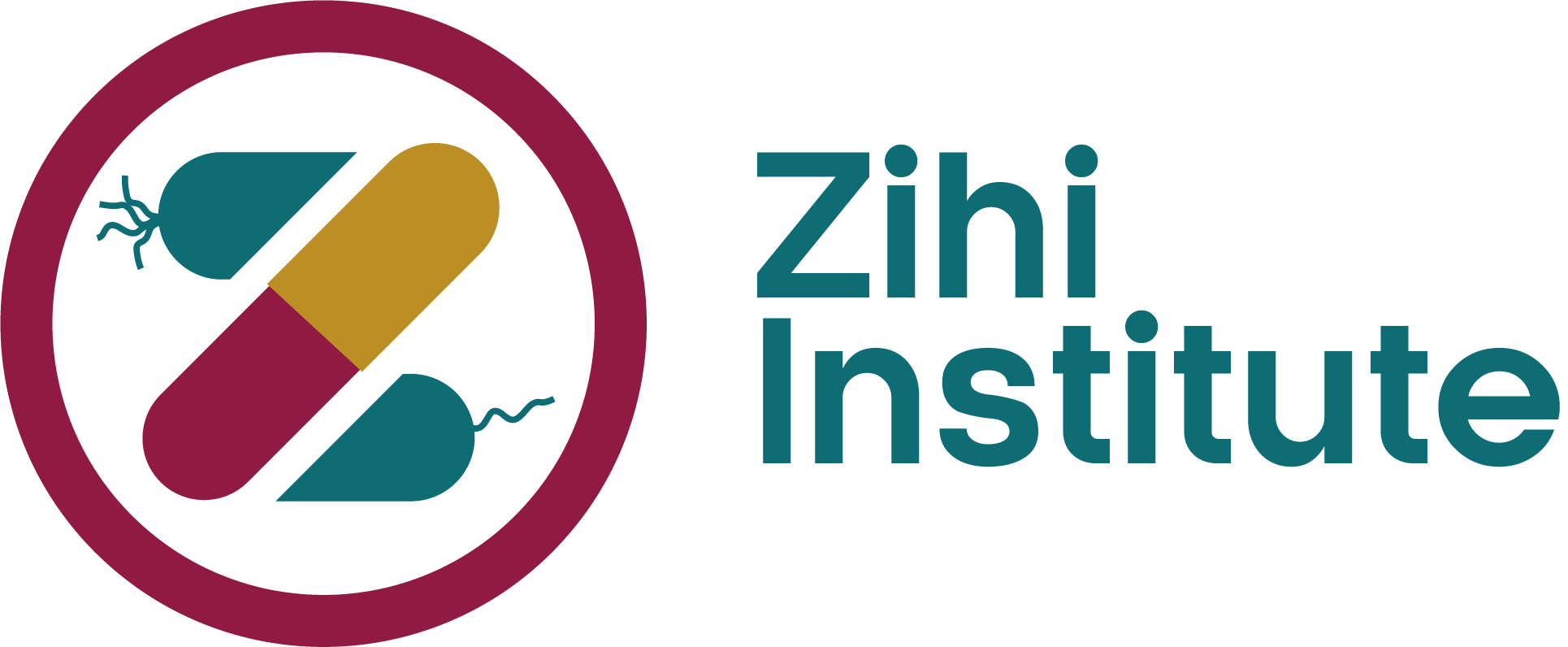Fostering resilient and
healthy communities
through inclusive evidence generation, dissemination, and interventions.
We are creating centers of excellence in Kenya by testing innovative implementation models and research trajectories that can be contextualized and adapted in other African countries

The current global public health intervention models require rethinking
Our work in infectious diseases seeks to provide answers to the questions:
Sustainability
How do we sustain global public health interventions and build resilient communities?
Meaningful Engagement
What does equity and meaningful engagement in global public health look like?
How can we escape the loop? Africa has the greatest burden of infectious disease in the world.
Mortality Impact
Infectious diseases cause about 50% of deaths in Africa.
Antimicrobial Resistance
Drug-resistant infections are associated with 1.05 million deaths and directly cause 250,000 deaths annually in Sub-Saharan Africa.
WASH Crisis
69% of the population in Africa lack access to water, hygiene and sanitation amenities.
Disease Burden
Africa carries over 20% of the global bur den of disease.


